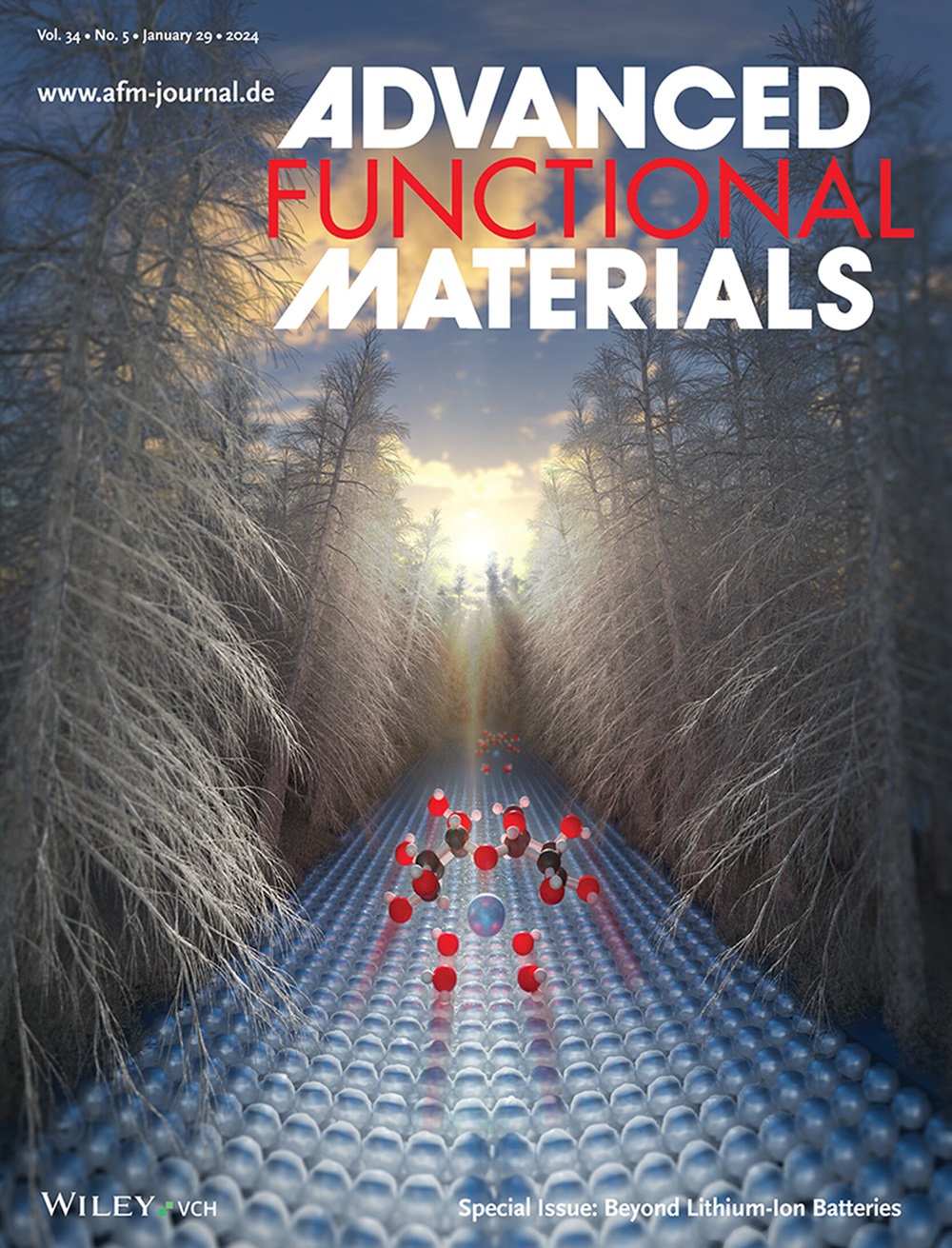Machine Learning-Enabled Polymer Discovery for Enhanced Pulmonary siRNA Delivery
IF 18.5
1区 材料科学
Q1 CHEMISTRY, MULTIDISCIPLINARY
引用次数: 0
Abstract
Nucleic acid therapeutics are poised to revolutionize the clinical treatment of diseases once considered undruggable. Although these therapeutic approaches hold significant promise, delivering the nucleic acid cargo remains challenging due to susceptibility to nuclease degradation. Among all carrier systems, polymers stand out for their high tunability and cost-effectiveness. However, their flexible structure greatly expands the chemical space, making experimental exploration both costly and time-consuming. Leveraging published data and machine learning methods provides a valuable strategy to address these issues. The present study demonstrates a way to merge data from multiple sources and uses this information to identify new polyesters that effectively deliver siRNA into lung cells. One newly discovered polymer is further examined in ex vivo experiments and tested in a mouse model. The results indicate that a polymer capable of silencing specific genes in vivo can be discovered through machine learning, circumventing an extensive trial-and-error process in the search for novel materials.

增强肺siRNA传递的机器学习聚合物发现
核酸疗法已准备好彻底改变曾经被认为无法治疗的疾病的临床治疗。尽管这些治疗方法具有重要的前景,但由于核酸酶降解的易感性,递送核酸货物仍然具有挑战性。在所有载体系统中,聚合物以其高可调性和成本效益而脱颖而出。然而,它们的柔性结构极大地扩展了化学空间,使得实验探索既昂贵又耗时。利用已发布的数据和机器学习方法为解决这些问题提供了有价值的策略。目前的研究展示了一种合并来自多个来源的数据的方法,并利用这些信息来识别有效地将siRNA传递到肺细胞中的新聚酯。一种新发现的聚合物在离体实验和小鼠模型中得到了进一步的检验。研究结果表明,可以通过机器学习发现一种能够在体内沉默特定基因的聚合物,从而避免了在寻找新材料时广泛的试错过程。
本文章由计算机程序翻译,如有差异,请以英文原文为准。
求助全文
约1分钟内获得全文
求助全文
来源期刊

Advanced Functional Materials
工程技术-材料科学:综合
CiteScore
29.50
自引率
4.20%
发文量
2086
审稿时长
2.1 months
期刊介绍:
Firmly established as a top-tier materials science journal, Advanced Functional Materials reports breakthrough research in all aspects of materials science, including nanotechnology, chemistry, physics, and biology every week.
Advanced Functional Materials is known for its rapid and fair peer review, quality content, and high impact, making it the first choice of the international materials science community.
 求助内容:
求助内容: 应助结果提醒方式:
应助结果提醒方式:


